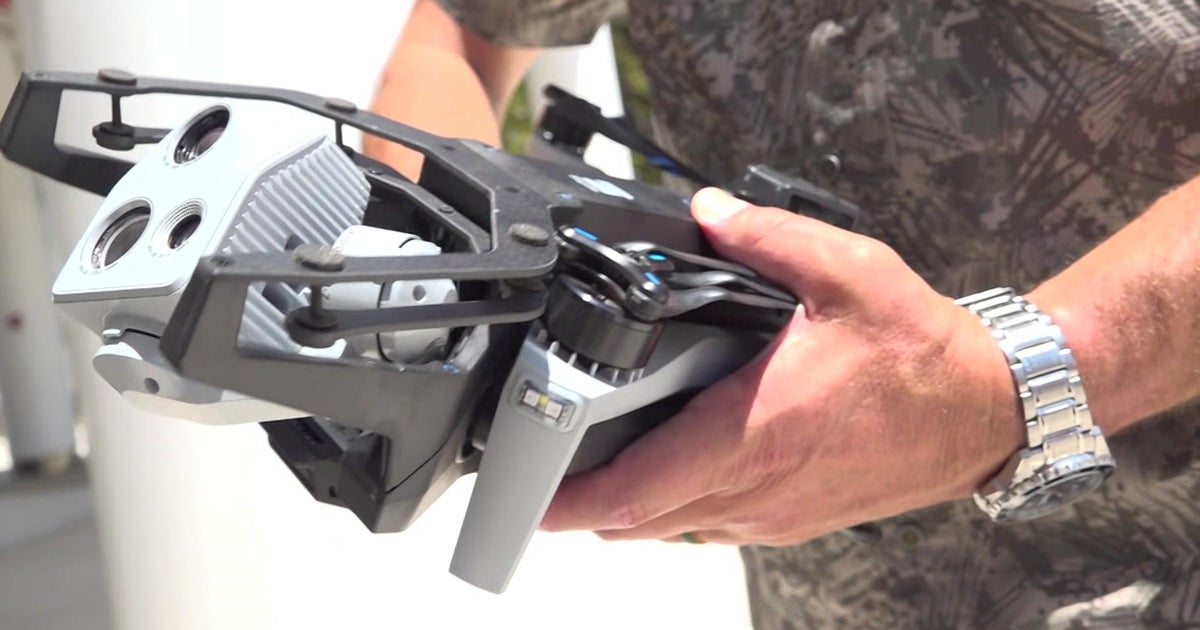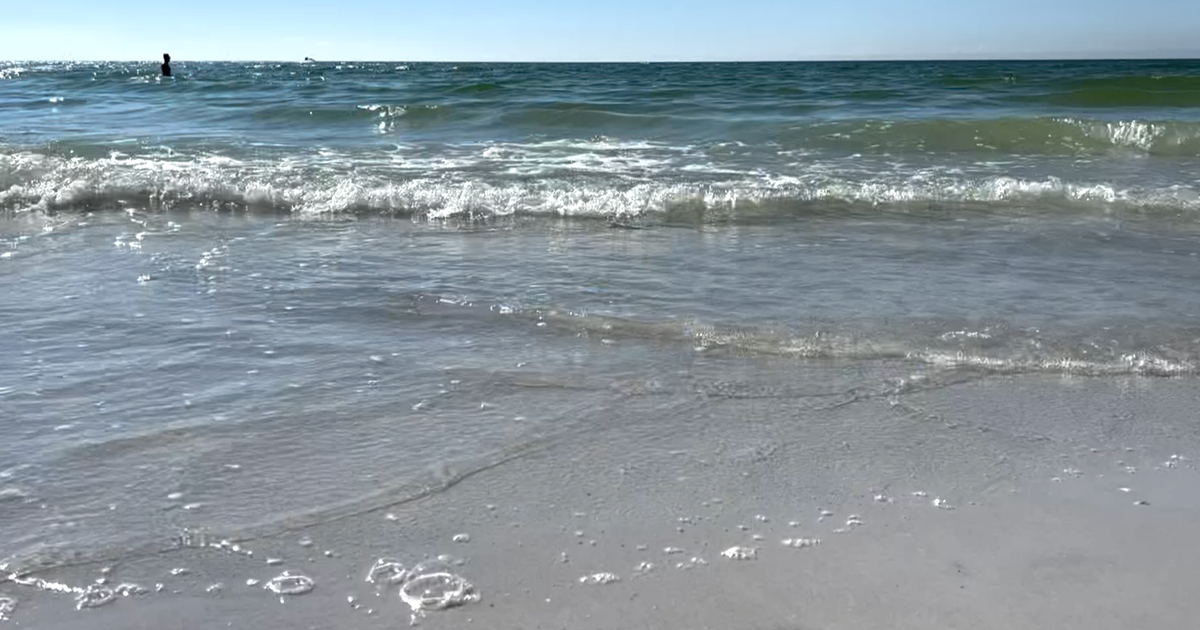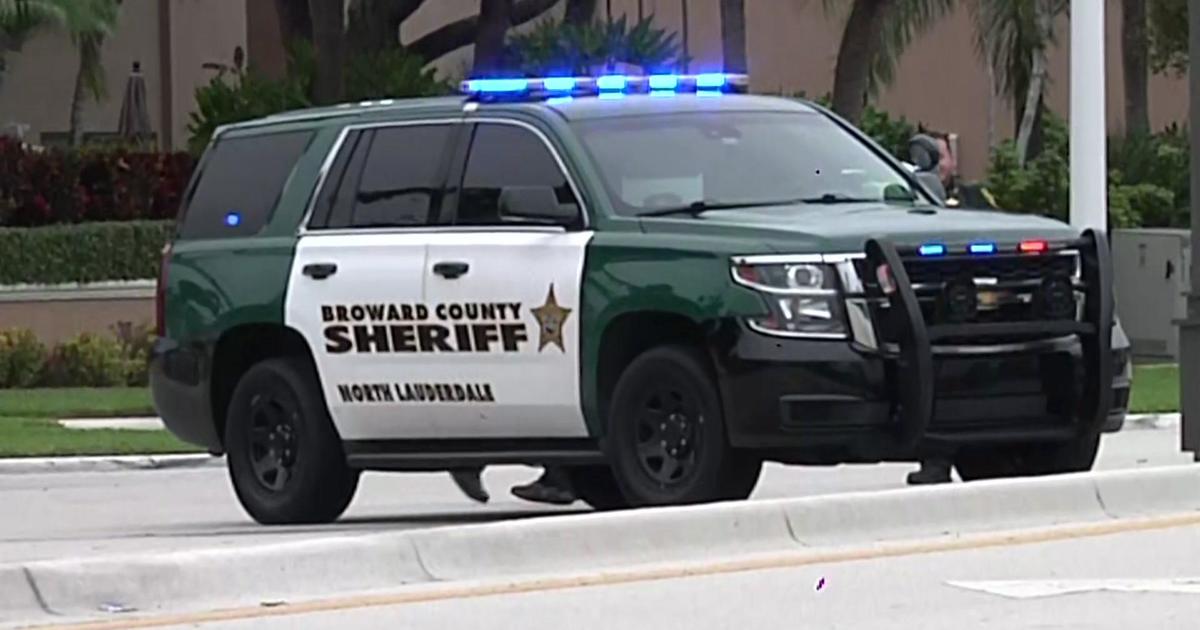Bush: Clinton Shares Mistakes Leading To Islamic State Rise
Follow CBSMIAMI.COM: Facebook | Twitter
BURBANK, California (CBSMiami/AP) —Republican presidential hopeful Jeb Bush is set to criticize Hillary Rodham Clinton saying her tenure as secretary of state led to the rise of the Islamic State.
The former Florida governor will also call for meatier U.S. leadership in the Middle East, which he says is needed to defeat the militant group and an ideology that "is, to borrow a phrase, the focus of evil in the modern world."
"The threat of global jihad, and of the Islamic State in particular, requires all the strength, unity and confidence that only American leadership can provide," Bush will say, according to excerpts of his prepared remarks.
In a speech at the Ronald Reagan Presidential Library in Simi Valley, California, Bush plans to tie the rise of the militant Sunni group to the departure of U.S. forces from Iraq in 2011. IS occupies a large swath of Iraq and Syria and has a presence elsewhere in the region.
"ISIS grew while the United States disengaged from the Middle East and ignored the threat," Bush will say. "And where was Secretary of State Clinton in all of this?
Clinton, he says, "stood by as that hard-won victory by American and allied forces was thrown away. In all her record-setting travels, she stopped by Iraq exactly once."
Clinton has said she supported keeping a residual force behind in Iraq, but a proposal to do so fell through after Baghdad refused to give the troops immunity from legal charges, as Washington demanded.
"That's the position we all agreed to," said James Jeffrey, the former U.S. ambassador to Iraq and a deputy national security adviser under President George W. Bush, whose administration set the withdrawal deadline in a 2008 security agreement.
By blaming Clinton for the rise of the Islamic State, Bush is trying to divert attention from his brother's actions, senior Clinton campaign policy adviser Jake Sullivan said.
"This is a pretty bold attempt to rewrite history and reassign responsibility," Sullivan told reporters. "President Bush signed an agreement that required us to be out by 2011."
The alternative would have been for the U.S. to maintain troops in Iraq who were subject to the Iraqi legal system and there against the will of the host country. Obama, who campaigned for president on ending the Iraq war, took the opportunity to remove all U.S. forces.
"It was a case of blind haste to get out and to call the tragic consequences somebody else's problem," Bush will say. "Rushing away from danger can be every bit as unwise as rushing into danger, and the costs have been grievous."
Since last year, after the Islamic State gained a foothold in Iraq and Syria, Obama has ordered the deployment of about 3,500 American military trainers and advisers who are helping Iraqi forces fight the Islamic State.
But despite 6,000 airstrikes flown by U.S. and allied forces on Islamic State positions over the past year, American intelligence agencies recently concluded that the group remains a well-funded extremist army able to replenish its ranks with foreign fighters as quickly as the U.S.-led coalition can eliminate them. Meanwhile, the group has expanded to other countries including Libya, Egypt and Afghanistan.
Jeb Bush has yet, either on the campaign trail or in the preview of his Tuesday speech released by his campaign, to say exactly what a U.S.-led campaign against the Islamic State would look like if he is elected president.
That includes saying how many U.S. forces he might seek to return to Iraq, although he has said he supports allowing U.S. military personnel to join Iraqi fighters in guiding airstrikes, which they are barred from doing now. Bush has said he supports a no-fly zone in Syria but has not suggested U.S. advisers or fighters deploy to Syria.
Bush is addressing what polls show to be Republicans' top concern, national security and terrorism. But while 60 percent of Americans said the effort to stop the Islamic State was going badly in a CBS News poll taken the first week in August, they were split on whether U.S. ground troops were the answer: 46 percent for, 45 percent against.
"American voters are worried about getting back in," said Elliott Abrams, a deputy national security adviser under George W. Bush who is now advising Jeb Bush, among other Republicans. "But Gov. Bush is certainly making no effort to avoid the issue. And he doesn't seem to think he ought to shy away from it because his name is Bush."
Several other GOP candidates have criticized Obama's actions and call generally for a more aggressive U.S. posture. South Carolina Sen. Lindsey Graham has been the most specific, calling for up to 20,000 U.S. ground troops in Iraq and Syria and a U.S.-led force to maintain stability afterward.
"If you don't do what I'm talking about, you're not serious about destroying ISIL," Graham told The Associated Press Saturday, using one of the Islamic State's several acronyms.
Click here to read more about Campaign 2016.
(TM and © Copyright 2015 CBS Radio Inc. and its relevant subsidiaries. CBS RADIO and EYE Logo TM and Copyright 2015 CBS Broadcasting Inc. Used under license. All Rights Reserved. This material may not be published, broadcast, rewritten, or redistributed. The Associated Press contributed to this report.)



